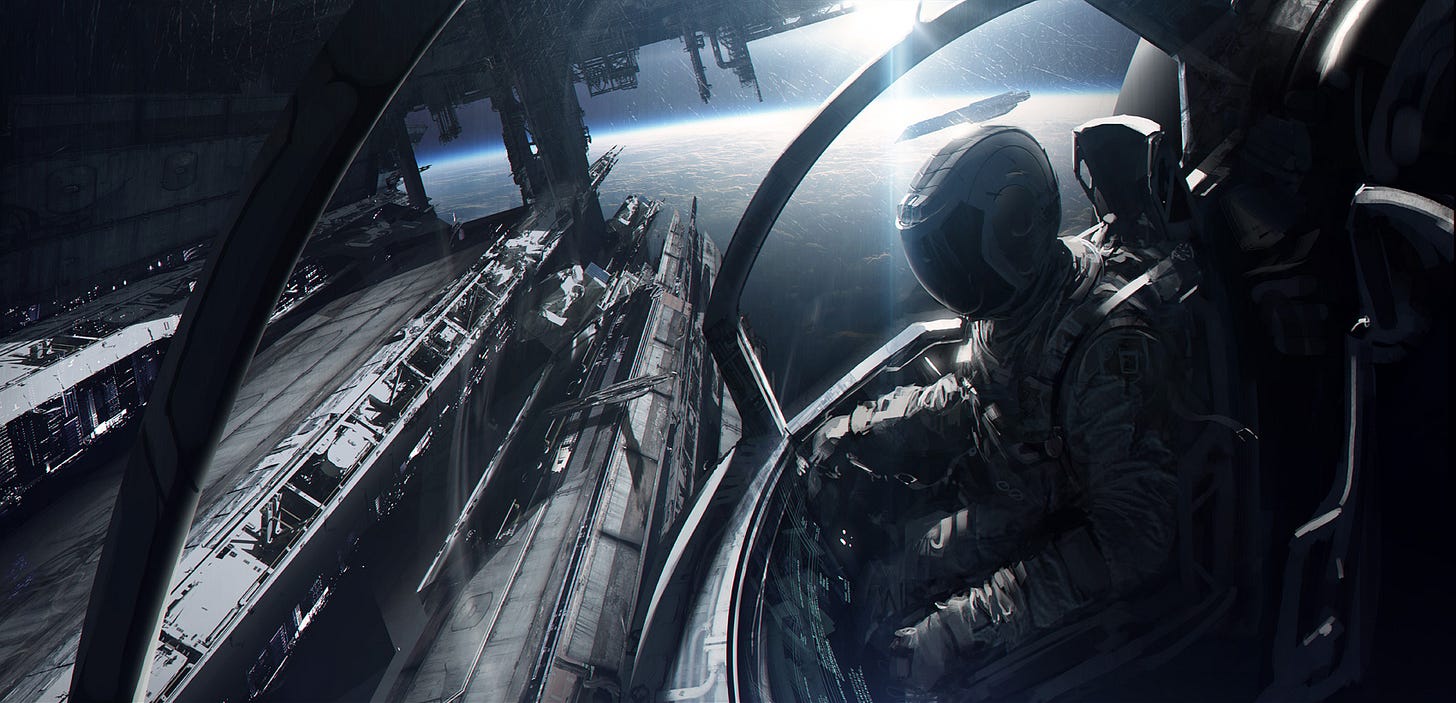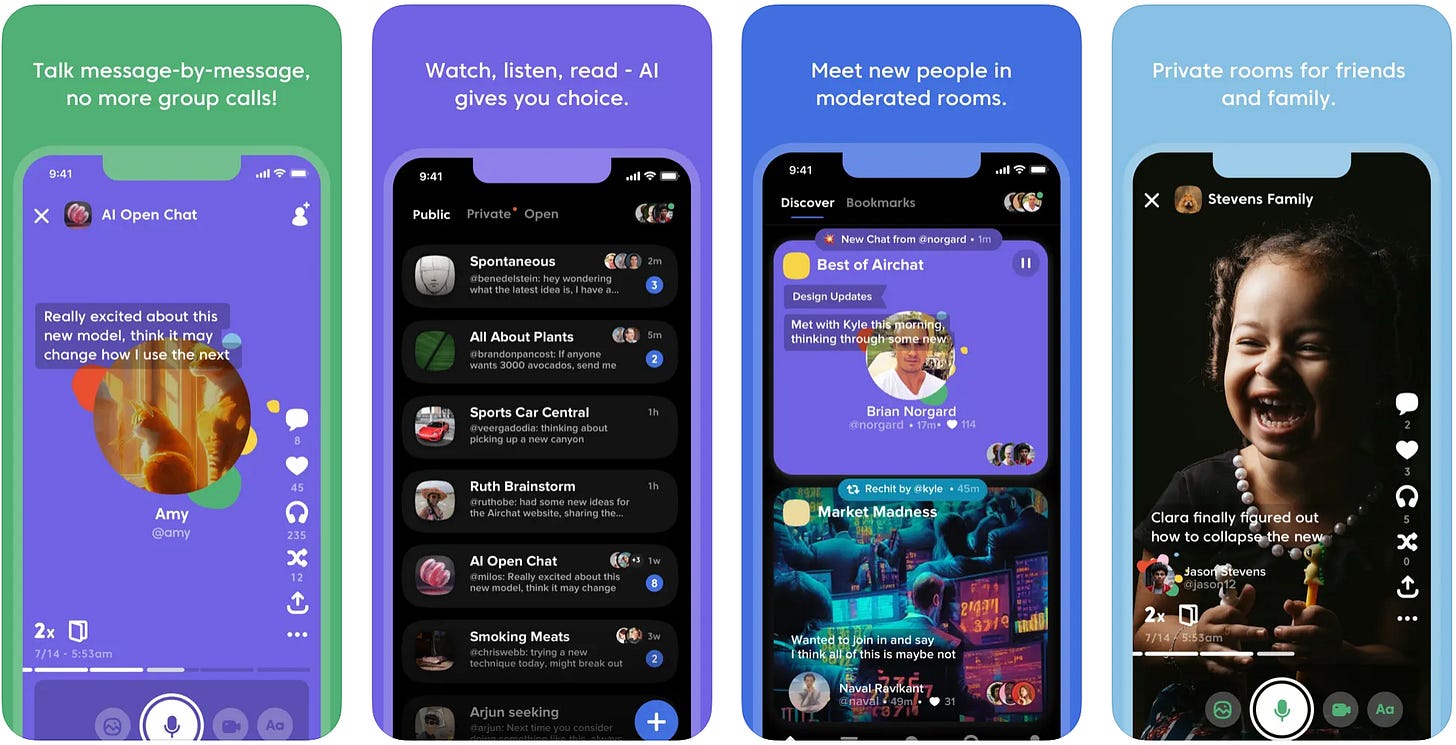#99 – The future behavior of stars and galaxies
Ever since the scientific revolution, the attitude towards human beings has become growingly mediocre. Religion told us people are special. It placed humans at the centre of everything. Science seemed to nullify that hypothesis. “The universe is vast, and we are descended from apes. In the grand scheme of things, nothing here on Earth matters.”
We are not the largest or most massive or most athletic of creatures. Yet, with regard to all biological organisms, Homo sapiens practically owns the Earth by being more knowledgable than any other species. In terms of life’s total effect on the outcomes of physical processes, knowledge is at least as significant as any other physical quantity.
The Sun is millions of times more massive than a human being. But we know how to exploit its energy to drive cars here on Earth.
Architectural structures like the Great Wall of China are built by moving millions of tonnes of rock. But it isn’t surprising that even the strongest of animals can’t build something like it.
It is ironic that science—the thing that enabled us to understand and exploit the physical world—would belittle humans and their capacity to create knowledge. The idea that we humans need to recognize “our place in the universe” is absurd. The universe is our home. The bigger the better.
People are cosmically significant. As David Deutsch wrote, “The future behaviour of life will determine the future behaviour of stars and galaxies.”
That is more of a warning than an inevitability. In five billion years—the time by which scientists think our Sun will run out of its fuel and become a red giant—if there are any people around on Earth or in the solar system; they might do everything in their power to prevent it. The technology required to save themselves (or ourselves?) is inconceivable to us today. It depends on knowledge that is yet to be created.
But if we are able to create the knowledge in time, not even the Sun dying would remain a problem. And we could then go on solving even more, better problems.
The weekly roundup
1. Book I’m reading
When the Heavens Went on Sale: The Misfits and Geniuses Racing to Put Space Within Reach by Ashlee Vance
2. Podcast I’m listening to
3. Some big news
We shared Airchat with the world this week. See the launch video here.
To join the waitlist, simply follow @getairchat on Twitter. We are sending out invites over DMs.
4. On the significance of people
“Astrologers used to believe that cosmic events influence human affairs; science believed for centuries that neither influences the other. Now we see that human affairs influence cosmic events.”
— David Deutsch, The Fabric of Reality
Buy Me A Coffee: buymeacoffee.com/arjunkhemani
Twitter: @arjunkhemani
Blog: arjunkhemani.com




“Astrologers used to believe that cosmic events influence human affairs; science believed for centuries that neither influences the other. Now we see that human affairs influence cosmic events.”
I love this. I think what is more profound is the way in which science made humanity less special. How we went from the center of the universe to just another life form on one of trillions of planets. Yet, science also made us more important, because we are made of the matter of dying stars, we are the universe discovering itself.
I outlined this "progression" here: https://www.lianeon.org/p/how-science-made-humanity-less-special